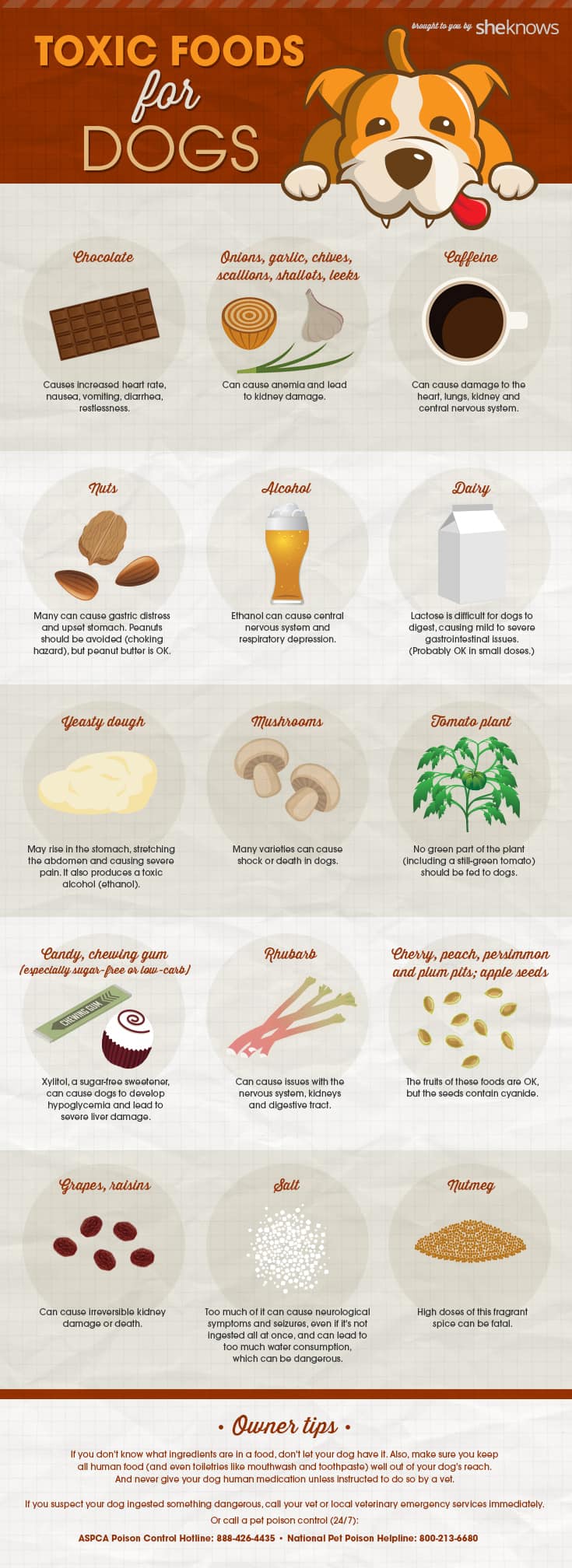Dog Daycare Impact On Home Behavior
Dog Daycare Impact On Home Behavior
Blog Article
Can Canine Day Care Cause Illness?
Pets in daycare obtain great deals of exercise, socialization with various other pet dogs and distinct experiences. This can be particularly helpful for pups and pet dogs with behavioral issues.
There are numerous lawful considerations you need to take into consideration when beginning a dog daycare company. These include the framework of your organization and conformity with federal government policies.
1. Dog Distemper
Canine distemper is spread out with straight contact with the physical liquids and waste of a contaminated dog, but it can also be transferred by means of common water and food bowls or via air-borne beads. This very contagious illness is most harmful for young puppies, however it can affect pet dogs of any kind of age and is deadly for the majority of if left untreated.
Initial symptoms of canine distemper frequently imitate a cold, consisting of drippy eyes and nose with watery or pus-like discharge. As the illness proceeds, a pet dog will certainly create high temperature, coughing, lowered cravings, throwing up and looseness of the bowels. The infection can additionally strike the nerves, causing seizures, shivering and partial or full paralysis.
Reputable daycares reduce exposure to infection by requiring inoculations, regular health examinations and adhere to rigorous health procedures. If your puppy appears excessively exhausted or limping, a day of rest may help him recover, yet you need to stay clear of taking him back to childcare till these signs and symptoms improve.
2. Kennel Cough
Kennel cough, also known as transmittable canine tracheobronchitis or Bordetella, is a very transmittable viral or microbial illness that influences the respiratory system tract. It's commonly transferred via the exchange of saliva or air beads that an ill canine exhales. Social dogs go to greater danger for infection because of their regular interaction with each other, such as when they play, share food or water, smell each other or just meet in a crowded setting like a pet park or day care.
The most common symptom of kennel coughing is a consistent and powerful cough that sounds like something embeded the throat or retching. Commonly, canines will divulge foamy white phlegm. If left without treatment, a canine can develop pneumonia and go to severe danger for life.
A reliable daycare center must have strict cleansing and cleanliness procedures, sterilize all playthings, food and water bowls routinely, and be open concerning their vaccination policies. Maintaining your dog up to day on their inoculations, particularly for bordetella and canine influenza, will significantly lower their possibilities of contracting the illness.
3. Parvovirus
Canine parvovirus, or parvo, is a very infectious viral ailment that can be dangerous for young puppies and young person canines with poor body immune systems. It's most commonly spread out by direct contact with contaminated pet feces-- which can occur when dogs smell, lick, or taste contaminated feces-- and indirectly from polluted people, items, or environments (like kennels, brushing spaces and lawns). Pups and dogs without full vaccination backgrounds are particularly susceptible to parvo.
The infection is incredibly resistant, making it through in the setting for as much as 9 years, and can quickly be moved between pets by get in touch with through feces or on footwear, clothing, and bed linens contaminated with parvovirus. Otherwise treated promptly with IV fluids, electrolyte equilibrium, vomiting control drugs and antibiotics to stop secondary microbial infections, a dog will quickly dry out and develop extreme diarrhea, which causes shock and sepsis. Parvo is hard to cure as soon as a dog has actually become ill, however with ideal veterinary treatment, many young puppies do survive this health problem.
4. Pooch Influenza
Pooch influenza infection is very infectious and spreads via direct get in touch with, sharing food and water bowls, licking or nuzzling various other dogs, with air-borne droplets, and via contaminated surface areas. Inoculation is effective in minimizing the risk of infection and break outs.
The majority of affected pet dogs develop a moderate respiratory system infection with a cough that lasts 1-3 weeks. They may additionally have nasal and ocular discharge, sneezing, and sleepiness. Several of the most severe cases result in pneumonia and a high fever.
If your pet dog exhibits any of these signs, do not bring them back to childcare up until they are healthy and balanced. If your dog is showing indicators of severe fatigue or hopping, talk with your vet right now and see to it they are on health supplements to aid construct their immunity. A veterinarian will certainly review your dog for signs of the influenza by 24 hour dog daycare near me taking a sample from the nose or throat, and blood tests can be done to verify.